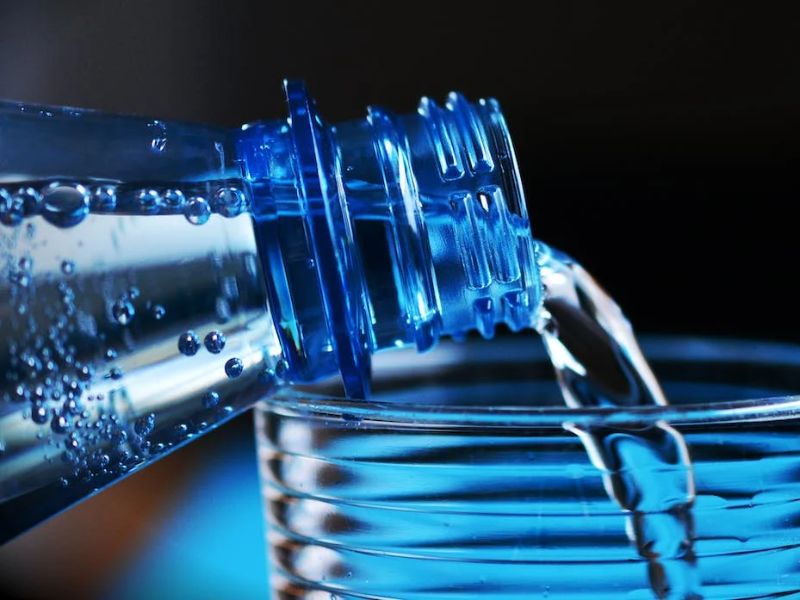Our bodies require minerals to function smoothly. According to Dr. Pedro R. Rodriguez Guggiari, an internal medicine specialist and Chief of Staff at Banner Del E. Webb Medical Center in Sun City West, Arizona, minerals serve various purposes, such as iodine for thyroid function to improve energy and stamina, calcium fluoride for bone and tooth health, iron for blood cell formation and to prevent anemia, and magnesium and potassium for muscular function and structural tissues. But are the minerals present in mineral water beneficial for our health? How can we obtain essential minerals? We consulted with experts to shed light on these queries.

Image Credit: Shutterstock/Eria Arum
Is Mineral Water A Good Source Of Minerals?
The mineral content can differ depending on the source and location. According to Dr. David Nazarian, a board-certified internal medicine specialist and founder of VitaminMD.net, mineral water is sourced from springs and underground reservoirs. It can provide essential trace minerals such as calcium, magnesium, and potassium. However, Dr. Nazarian cautions that relying solely on mineral water is insufficient. While mineral water has a higher mineral content than purified or filtered water, it does not contain all necessary minerals and should not be the sole source of these nutrients.
Is There An Optimal Way To Get Minerals?
According to Elise Heeney, a clinical dietitian at Banner Del E. Webb Medical Center, the optimal approach to acquiring all essential vitamins and minerals is by consuming a varied diet consisting of fruits, vegetables, whole grains, beans, nuts and seeds, lean proteins, and low-fat dairy products. She advises aiming for a well-balanced plate during each meal.

Image Credit: Pexels/Pixabay
How About Vitamin Water?
The vitamins in vitamin water hold significant importance for maintaining good health. Additionally, drinks that contain electrolytes have been demonstrated to boost physical performance during exercise and enhance hydration levels. However, it is essential to note that the Centers for Disease Control and Prevention (CDC) caution against consuming food and beverages that contain excessive amounts of “added sugars” as they are known to lead to obesity, type 2 diabetes, and heart disease.